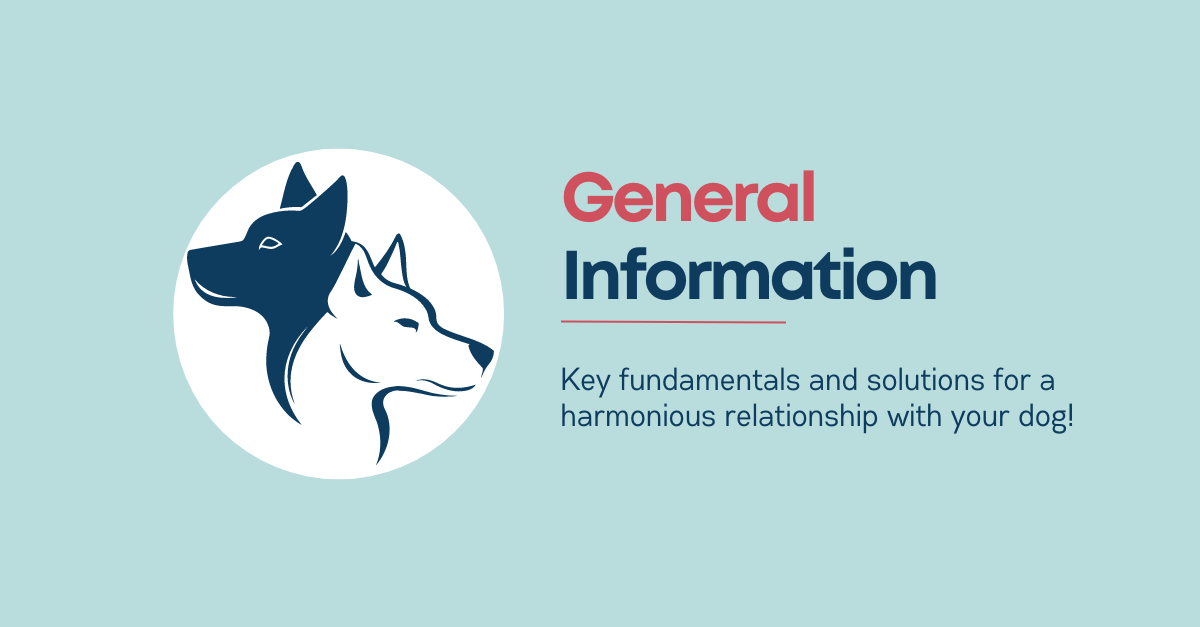Introduction
Running a kennel is a complex task that requires careful planning, dedicated staff, and a deep understanding of dog care. Kennel operations encompass everything from the facility setup to daily routines, health monitoring, and emergency preparedness. Understanding how a kennel operates is crucial for dog owners, especially in an industry that lacks stringent regulation. Since the kennel industry is not highly regulated, the responsibility to select a reputable daycare or boarding facility falls on the owners.
At Pet Coach SG, our founders bring a wealth of experience in kennel operations, having worked closely in setting up the Animal and Pet Health Centre (APHC) for the Animal & Veterinary Service (AVS). This expertise allows us to offer informed insights into the best practices for managing a kennel.
Facility Setup
Choosing a kennel located in a convenient and easily accessible area is important for pet owners. The facility should be reachable without significant travel difficulties. The design and layout of the kennel are critical. A well-planned kennel will have both indoor and outdoor areas, with climate-controlled environments to ensure the dogs’ comfort regardless of the weather. Safety features like secure fencing and sturdy enclosures are essential to prevent escapes and protect the dogs from potential hazards.
Daily Operations
A streamlined process for checking dogs in and out of the kennel is essential. This includes thorough registration and paperwork, as well as health and vaccination checks to ensure all dogs are up-to-date on their immunizations. Proper nutrition is a cornerstone of dog care. Kennels must adhere to specific meal schedules and accommodate special dietary needs for individual dogs. This ensures that each dog receives the right nutrients and maintains their health while in the kennel. Maintaining a clean and sanitary environment is crucial for preventing the spread of diseases. Daily cleaning routines, effective waste management, and pest control measures are all necessary to keep the kennel hygienic and safe for the dogs.
Dog Care and Welfare
Regular exercise is vital for a dog’s physical and mental health. Kennels should schedule play sessions, offering a mix of individual and group activities to keep the dogs engaged and active. Just as important as playtime, dogs need a comfortable and quiet space to rest. Kennels should provide cosy sleeping areas and monitor rest periods to ensure dogs are well-rested and not overstimulated. Regular health checks are essential in a kennel setting. Staff should be trained to recognize signs of illness or injury and manage these promptly to maintain the overall well-being of the dogs.
Staff and Training
The quality of care in a kennel largely depends on its staff. Employees should have relevant training and certifications, with clearly defined roles and responsibilities to ensure efficient operation. Maintaining an adequate staff-to-dog ratio is crucial for providing personalised care and supervision. At Pet Coach SG, we believe in a minimum of 1:5 staff-to-dog ratio, ensuring that each dog receives the attention and care they need.
Specialized Services
Kennels often provide specialised training programs to address various behavioural needs. Obedience training, for example, includes teaching basic commands like sit, stay, and come, as well as advanced commands such as heel and off-leash training. Behavioural modification programs are also essential, particularly for addressing dog reactivity issues. Techniques to manage fear-based aggression and improve socialisation skills are integral parts of these programs, especially in a multi-dog environment.
Emergency Preparedness
A well-run kennel must have clear protocols for handling medical emergencies, including having fire and evacuation plans in place. Staff should be trained to respond quickly and efficiently in any emergency situation. Collaborating with veterinary services ensures that medical issues can be addressed promptly. Having an on-call vet and scheduling regular veterinary visits are practices that safeguard the dogs’ health.
Client Communication
Keeping pet owners informed about their dogs’ activities and well-being is important. Providing daily or weekly updates through technology such as apps or webcams helps maintain transparency and trust. Encouraging and handling customer feedback is essential for continuous improvement. Listening to pet owners’ concerns and suggestions can lead to better services and a more satisfying experience for both the dogs and their owners.
Conclusion
Understanding the intricacies of kennel operations helps pet owners make informed decisions when choosing a boarding facility. By selecting a well-managed kennel, owners can ensure their dogs receive the highest level of care, comfort, and safety.








